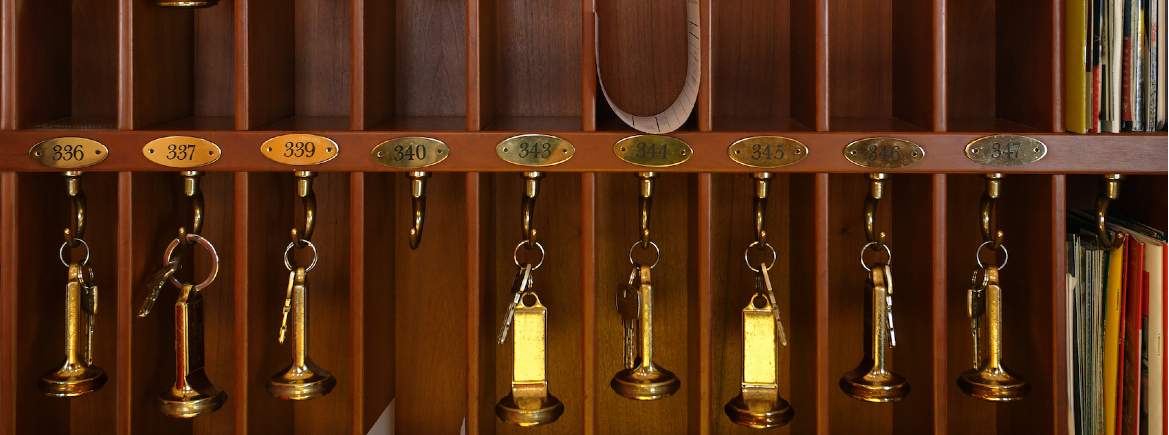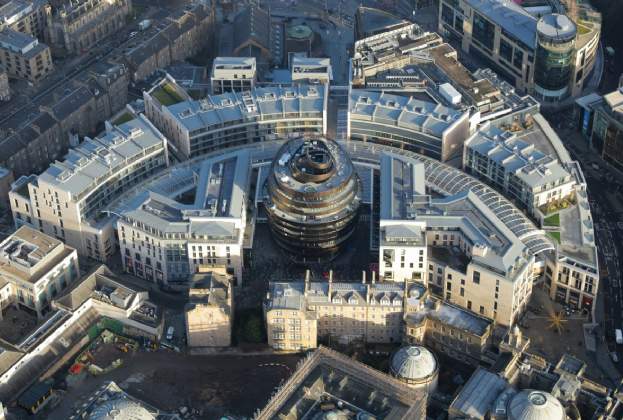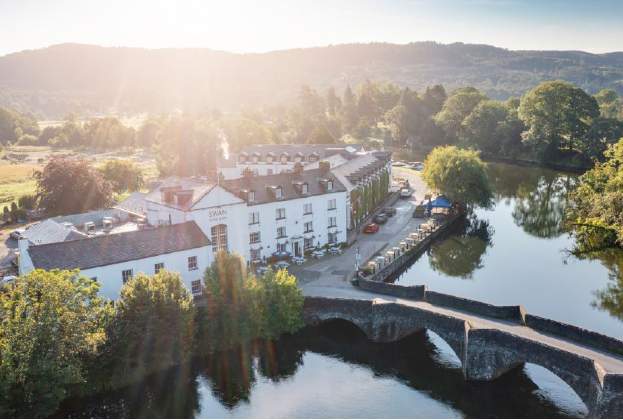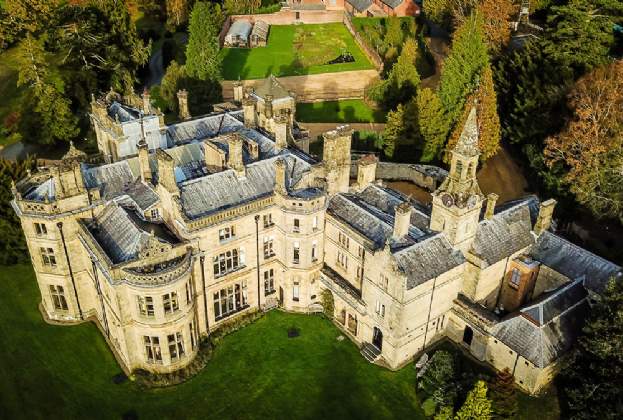‘A maximum of 90 minutes from London’ is a preference we often hear from new hotel market entrants when choosing where in the UK to invest. It’s easy to understand why.
London is a leading financial powerhouse and cosmopolitan global centre, with six airports providing outstanding accessibility. Its hotel market is one of the most desirable in the world, which is evidenced by its sharp yields. According to Savills data, leased yields currently stand at 3.75 per cent, vacant possession/franchise agreement yields at 4.25 per cent and management contract yields at 4.75 per cent, all reflecting a hypothetical upscale hotel with stabilised performance in central London.
But with increasing yield compression in London, many investors are having to look further afield. ‘90 minutes from London’ will allow investors to look across much of the South East.
Brighton is currently the best performing hotel market after London in terms of revenue per available room (RevPAR), according to data from STR. Investor demand is evident with seven transactions in the city since 2016 at an average price per room of £112,000.
Interestingly, the average price per room achieved over the same time in Portsmouth was approximately £109,000 and in Southampton was approximately £142,000, albeit the hotel sales recorded in the latter were of a fuller service offering.
There are exceptional cities in the region that are also on investors’ radars, including Cambridge and Oxford. Earlier this year we saw the sale of DoubleTree by Hilton Cambridge which transacted at over £500,000 per room. This is the highest price per room achieved in the South East, and indeed regional UK hotel markets, in the last three years. Investor demand here is notable in pricing, and is further pushed upwards due to the high barriers of entry to these cities, where there are restrictions on planning and reduced land space.
Established corporate locations such as Reading and Milton Keynes are experiencing high levels of commercial development, and the hotel market is following. In both of these towns there are 12 new hotels or hotel extensions in the active pipeline.
Traditional leisure destinations are getting a revamp too. For example, Eastbourne has seen a clear vote of confidence with £220 million invested in The Beacon shopping centre and The Devonshire Quarter cultural hub undergoing a £54 million regeneration.
The average price per room across the South, East and home counties was £110,000 in 2018, and reached £128,000 at H1 2019. While this metric provides a useful benchmark, pricing will also be reflected in the performance of the hotel.
For midscale, unencumbered hotels we are currently seeing 8-12 times earnings before interest, tax, depreciation and amortisation (EBITDA) multiples on stabilised trading. This will of course vary on investor demand for the specific opportunity noting location, real estate and the value-add potential.
Over recent years, we have seen a number of regional hotel acquisitions by new market entrants, often international investors, who have looked across the UK in order to get the best return that fits their requirements. With good market knowledge, strong investment evidence and often assistance from a local operator or established brand, their advisors have given them the confidence to invest UK-wide. As an example, Savills advised on the sale of a hotel in Blackpool to a Singaporean investor, in Stratford-upon-Avon to an Indian investor and in Torquay to a South African investor.
The UK hotels market offers vast opportunities and it may be that an investor’s perfect opportunity is further afield than the capital.
Further information
Read more: Reading's thriving reputation as a business hub helps hotel market


.jpg)


.jpg)
.jpg)



